Brazil president Jair Bolsonaro ponders last power plays
After a week of licking his wounds, Brazil’s defeated autocratic leader has left the door open for his supporters to flood the streets again.
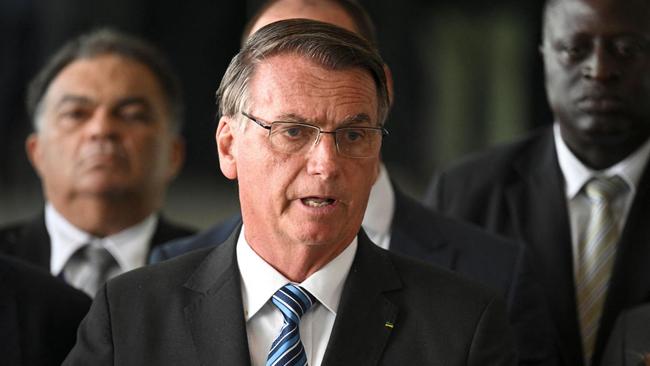
At 10pm last Sunday, the lights went out in the presidential palace in Brasilia. Jair Bolsonaro, it was claimed, had gone to bed. Having just lost the most important election of a generation to his left-wing nemesis, Luiz Inacio Lula da Silva, the president of Brazil had decided his best option was to say nothing.
Details have emerged of the decisive days that followed, as Bolsonaro, 67, a former soldier who decades ago said what Brazil needed was a civil war, not another election, plotted his next move.
After the formal declaration came through that Lula had won the vote, at 8pm that day, disbelief and shock was the initial reaction inside the palace, sources have told Brazilian media.
Bolsonaro’s team, led by his son and chief strategist, Carlos, 39, were reportedly convinced right up until election day that defeat was highly unlikely. The opinion polls indicated otherwise, but they had proved unreliable in round one of the vote, earlier in the month, reassuring the president’s campaign team.
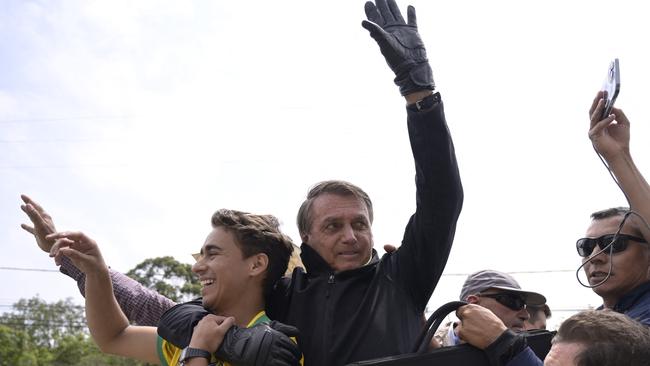
The only preparations in place in Brasilia on that cool night were for victory. It was decided the re-elected leader, Bolsonaro, would make a statement at his official residence, before heading out to greet his supporters.
No plans had been made for what actually transpired. Lula, as the polls predicted, won the contest on the back of an avalanche of votes from mostly poorer constituents in his northeast heartland.
Bolsonaro won every other region. The margin was narrow, the closest in the country’s history. Fifty-eight million Brazilians, 49 per cent of voters, chose Bolsonaro. But Lula, with 51 per cent, had clearly and fairly won.
The ensuing silence from Brasilia was unprecedented. For the first time since Brazil returned to democracy after its 1964-85 era of military rule, the outgoing president refused to concede on the night of the vote.
Was the president’s absence, as one aide suggested, simply because Bolsonaro, who had never lost an election in his three-decade political career, was “sad"? Or was a plot to overturn the vote unfolding?
Foreign diplomats in Brasilia took no chances. “We had made preparations”, one told the Sunday Times. That planning became evident after the formal declaration of the result from Brazil’s supreme electoral court.
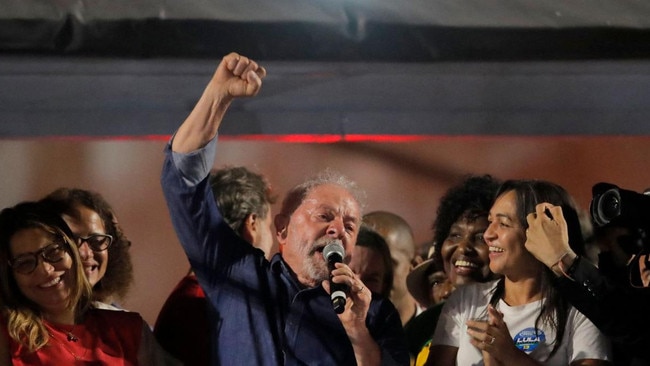
Within 40 minutes, the White House had released a statement from President Joe Biden.
“I send my congratulations to Luiz Inacio Lula da Silva on his election to be the next president of Brazil following free, fair, and credible elections,” it read.
A wave of similar notes followed: from Paris, Delhi, Caracas, Moscow, Mexico City and dozens of other capitals.
By Monday morning, Lula had even received his first visit from a head of state, with Argentina’s President Alberto Fernandez flying in to greet him with a bear hug.
“It seemed co-ordinated, and a clear sign that Bolsonaro was going to be deeply isolated, from a diplomatic point of view,” said Guilherme Casaroes, a professor of political science at the Fundacao Getulio Vargas business school of the University of Sao Paulo.
There was another blow for Bolsonaro as he found that his own political allies were endorsing his sworn enemy with remarkable speed.
“The will of the majority seen on ballots shall never be contested,” Arthur Lira, lower house speaker, said on Sunday night.
The Sao Paulo governor-elect, Tarcisio de Freitas, a former minister in the Bolsonaro government, was also quick to endorse the victory.
“Bolsonaro expected that his allies would stand by him, or at least wait until he had made his own statement. The fact they didn’t, was a shock” said Thomas Traumann, a Rio de Janeiro-based political analyst.
The statements in support of Lula provided a counter-narrative for what was unfolding across Brazil. Hardcore supporters of the loser, mostly lorry drivers, set up roadblocks in protest at an unspecified “election fraud”.
By Monday night, the federal highway police reported 236 incidents in 18 states. Blockages started to hit supplies to supermarkets. Brazil’s most important international airport, Sao Paulo, was forced to cancel dozens of flights as crew and passengers struggled to reach the terminals.
By Tuesday, with the huge traffic jams proving hugely unpopular – a fact underlined by one shocking incident in rural Sao Paulo state where a car drove into a crowd, injuring nine people, including a child – pressure was rising for the president to make a statement.
But still he delayed.
CNN Brazil reported that he had approached the military, seeking support for a plan that Lula’s win be challenged on the grounds of previous convictions, but was knocked back. Bolsonaro also sought a meeting with the judges on Brazil’s supreme court.
The president, who said last year that his options for 2022 were “prison, death or victory”, is facing potential legal actions on issues including his dissemination of fake news, his perceived negligence in the COVID-19 pandemic, his lack of protection of the environment, and even undermining of democracy.
He has also spent much of the campaign calling the man now set to be the next president “a thief” who should be in jail, something which will not easily be forgotten.
“Bolsonaro’s fear is not losing the election, it’s being arrested,” Guilherme Boulos, an elected federal congressman and close ally of Lula, said before the vote.
The president was said to have wanted to discuss his immunity options with the supreme court, though legal experts see them as being extremely limited.
The judges unanimously declined his request to meet them before he first accepted the result of the election.
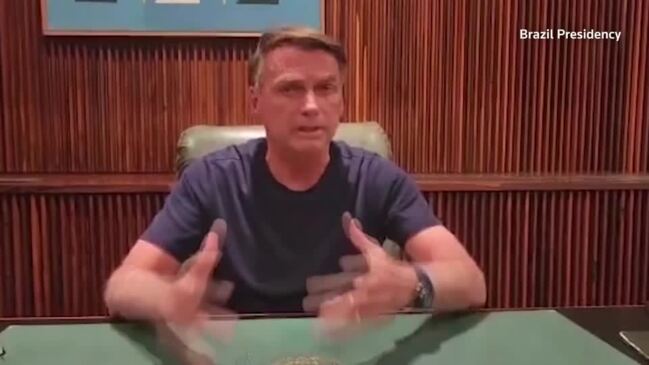
On Tuesday afternoon, nearly 48 hours after the result, he made a two-minute statement. He declared his faith in the constitution, his support of peaceful protest and his rejection of violent or disruptive protests.
“Our dreams continue as alive as ever,” he told supporters.
He made no direct mention of the election or Lula. That was left to his chief of staff, who waited until Bolsonaro had left the room to declare that the transition to the new presidency would begin.
“Those two days that Bolsonaro remained silent were carefully calculated,” Casaroes said. “He first wanted to see how the streets would react, how his supporters would react, before he took the next step.”
Casaroes believed the president’s studiously ambiguous statement was designed to placate those who wanted to see an end to roadblocks while subtly inciting his supporters to remain in the streets.
On Wednesday, that is what happened.
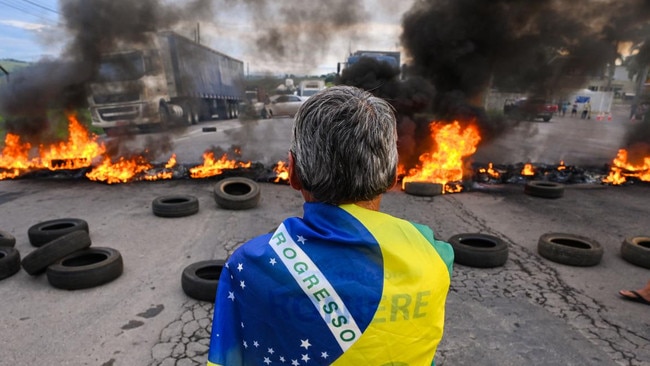
The roadblocks went, while tens of thousands of people continue to protest across Brazil. Many did so in front of local army bases, calling on the military to intervene to overturn the vote. In the southern state of Santa Catarina, Bolsonaro supporters were videoed appearing to raise their hands in a Nazi salute while the national anthem played.
That caused outrage, with Heiko Thoms, German ambassador to Brazil, tweeting: “The use of Nazi and fascist symbols by clearly far-right ‘protesters’ is profoundly shocking. Advocating Nazism is a crime.”
Traumann, the political analyst, said that a specific date was approaching when the president might make a final effort to get millions of people on the streets, on his behalf.
November 15 is Brazil’s Proclamation of the Republic day, the anniversary of a coup that established the First Brazilian Republic in 1889, overthrowing Emperor Pedro II.
“It would suit them to do something that day,” he said.
Casaroes agreed that the situation remained volatile.
“This is not over until it’s over,” he said. “Bolsonaro will still try to turn the tables at some point.”
The Sunday Times


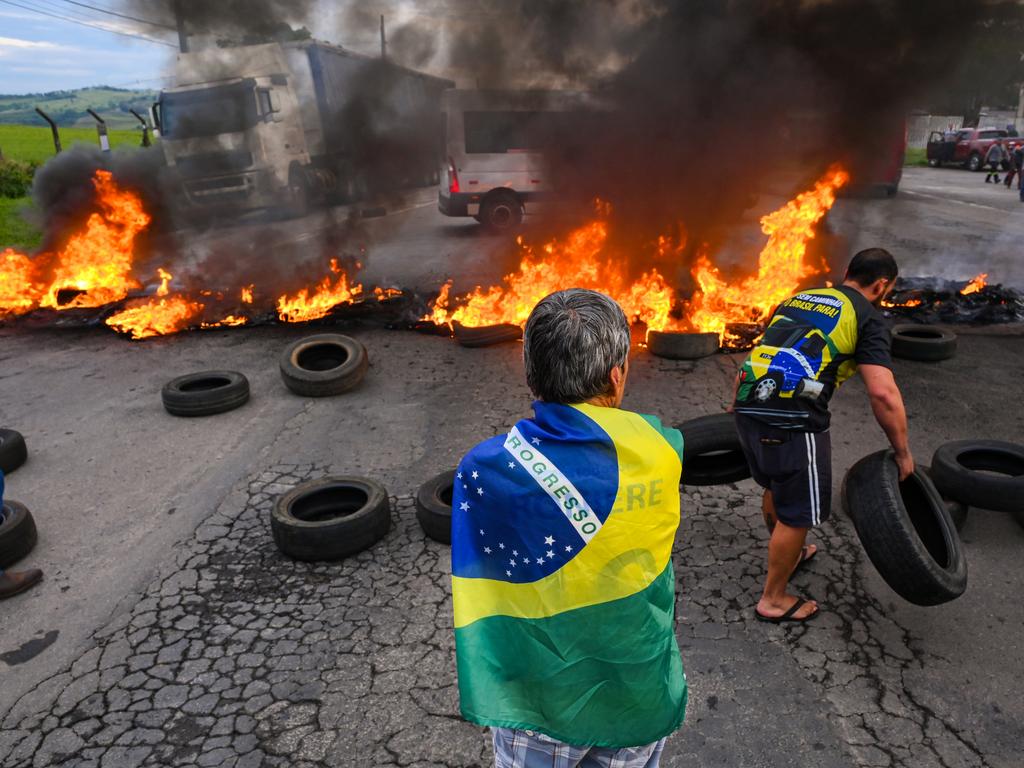

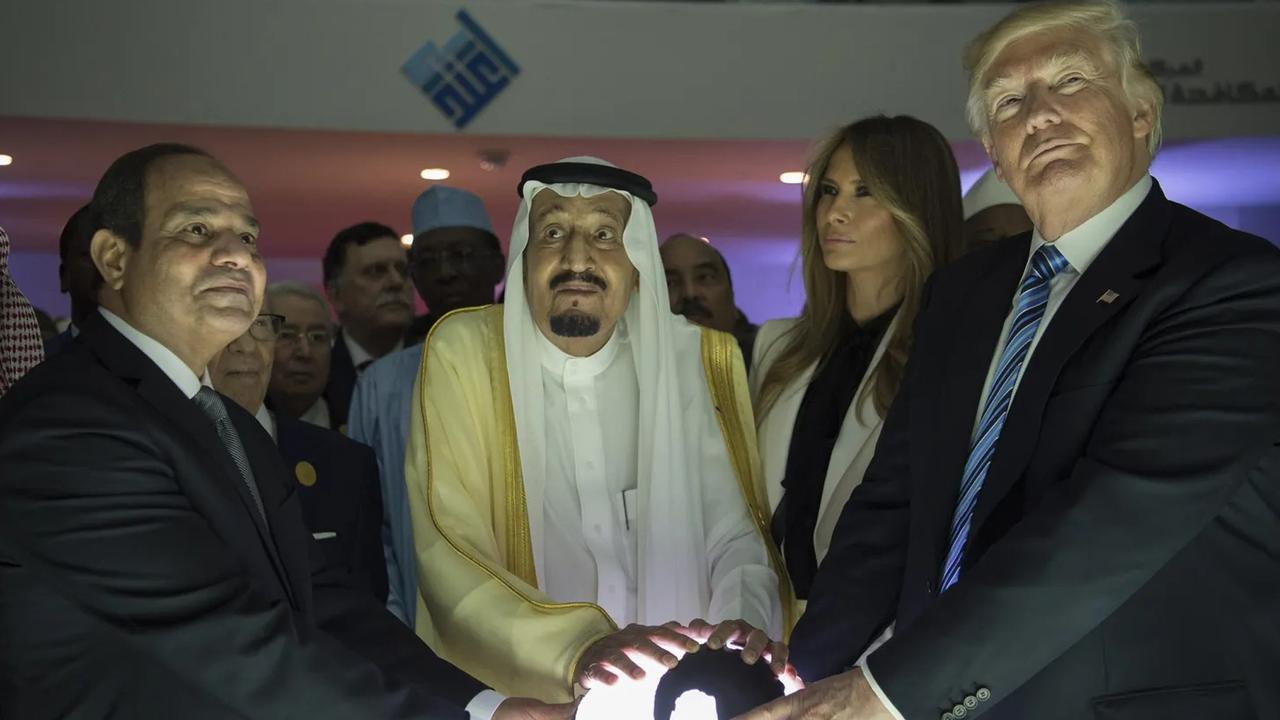
To join the conversation, please log in. Don't have an account? Register
Join the conversation, you are commenting as Logout